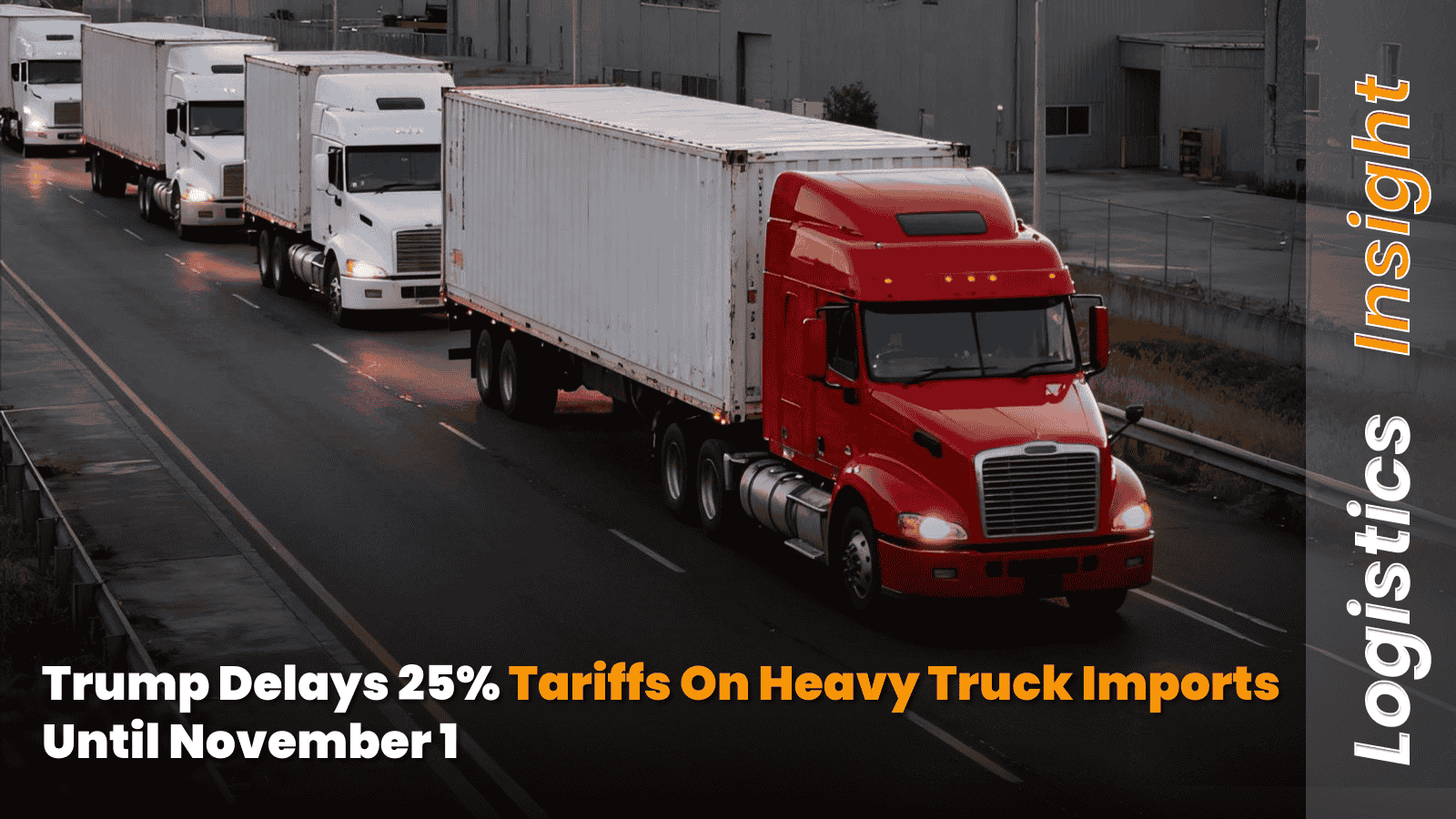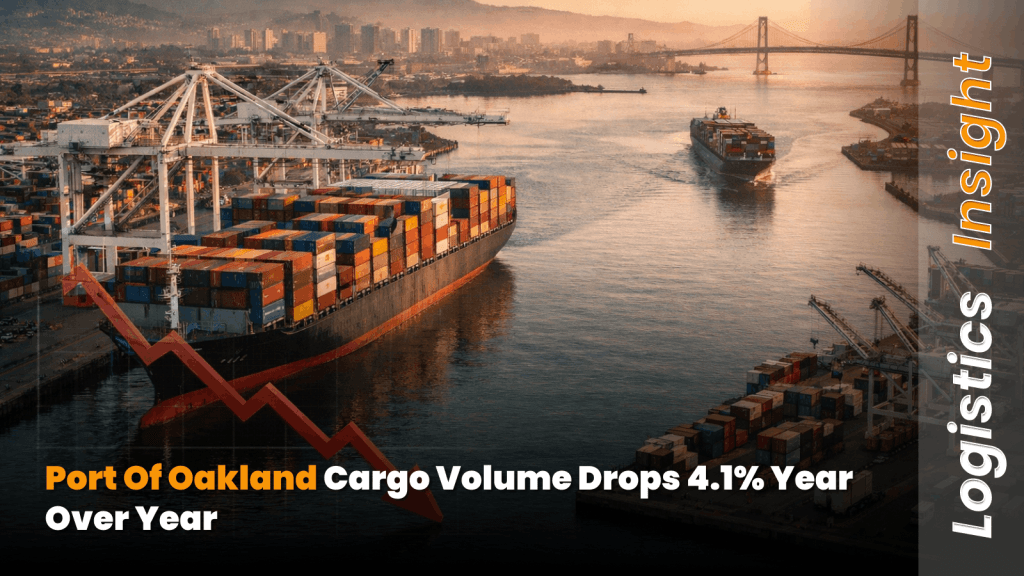
Trump Delays 25% Tariffs on Heavy Truck Imports Until November 1
President Donald Trump has postponed the implementation of new tariffs on imported medium- and heavy-duty trucks to November 1, 2025, giving automakers more time to prepare for the policy change. The 25% import duty, initially scheduled to begin on October 1, is part of Trump’s broader effort to bolster domestic manufacturing and protect U.S. industries.
“Beginning November 1st, 2025, all Medium and Heavy Duty Trucks coming into the United States from other Countries will be Tariffed at the Rate of 25%,” Trump posted on October 6, without offering further details.
Tariffs Linked to Commerce Department Investigation
The decision follows a Commerce Department investigation launched in April under Section 232 of the Trade Expansion Act, which allows the U.S. to impose import taxes on products considered critical to national security.
The probe targeted medium- and heavy-duty trucks weighing over 10,000 pounds and related components. Commerce officials noted that a “small number” of foreign suppliers account for most U.S. imports, citing concerns over “predatory trade practices.”
Industry Pushback and Lobbying Efforts
The new duties have faced strong opposition from Detroit’s legacy automakers, which lobbied to delay or modify the tariffs. Many companies expressed concern that higher import costs could disrupt operations and raise vehicle prices across multiple sectors—including shipping, construction, and municipal services.
Automakers have taken different approaches in response:
- Stellantis NV has reportedly urged the administration to waive or reduce the tariffs that could impact Ram pickups manufactured in Mexico.
- Meanwhile, General Motors Co. and Ford Motor Co. have opposed such an exemption, arguing it would give Stellantis an unfair cost advantage over U.S.-assembled trucks containing imported parts already subject to tariffs.
Supporters Highlight Domestic Manufacturing Benefits
Proponents of the measure argue that it will strengthen American production and protect domestic jobs. Trump has positioned the move as essential to supporting local manufacturers, stating that it will “protect our Great Heavy Truck Manufacturers from unfair outside competition.”
Nick Iacovella of the Coalition for a Prosperous America, a protectionist group, praised the policy, calling it “a huge win for American workers and great U.S. manufacturers.” He added, “This action will strengthen this vital sector and protect it from unfair foreign competition.”
Impact on Imports and Key Truck Makers
According to Commerce Department data, the U.S. imported about 245,000 medium- and heavy-duty trucks last year, a trade valued at more than $20 billion.
The new duties could have significant effects on major truck manufacturers, including Daimler Truck Holding AG’s Freightliner, Volvo Group’s Mack Trucks, and Paccar Inc.’s Peterbilt and Kenworth.
Among these companies:
- International Motors (formerly Navistar) is the most import-reliant, with 98% of its U.S. trucks coming from Mexico.
- Daimler follows at about 83%, while Paccar and Volvo produce nearly all of their trucks domestically in the United States.
Part of a Broader Tariff Strategy
The truck tariff delay is part of a larger effort by the Trump administration to impose industry-specific import taxes. Recent tariffs have already targeted steel, aluminum, copper, automobiles, and auto parts, while new duties on softwood lumber, kitchen cabinets, vanities, and upholstered wood products are scheduled to take effect on October 14, with additional rate hikes expected on January 1.
In addition, multiple Section 232 investigations remain ongoing, covering imports such as solar panels, aircraft, semiconductors, critical minerals, robotics, medical devices, and industrial machinery.
These specific tariffs give the administration more flexibility as its country-level duties, enacted under the International Emergency Economic Powers Act, face challenges in federal courts. The U.S. Supreme Court is scheduled to hear related arguments on November 5.




Comments are closed